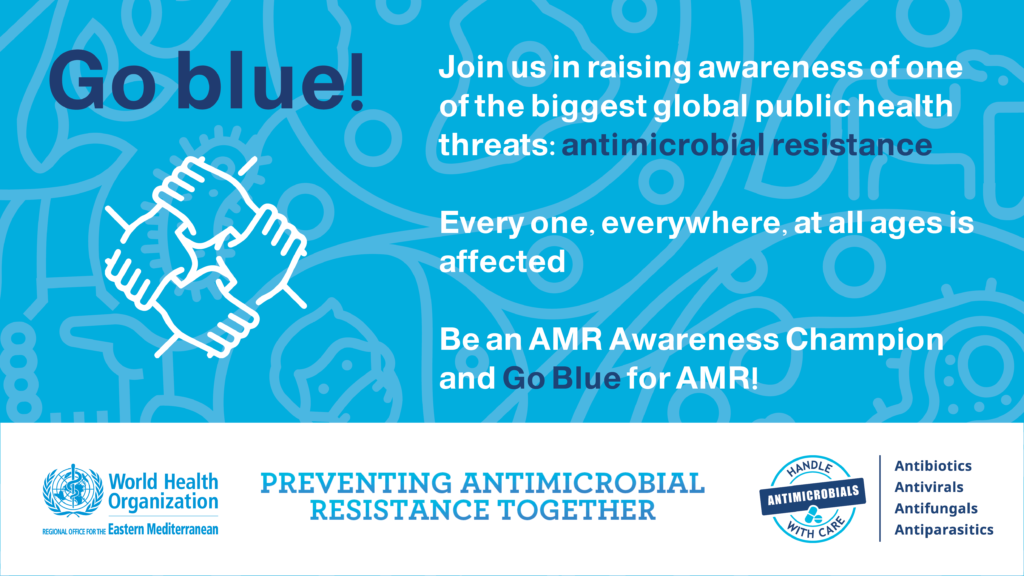In a world facing the escalating threat of antimicrobial resistance (AMR), World Antimicrobial Awareness Week (WAAW) stands as a crucial initiative, raising global awareness about this impending crisis and advocating for collective action to preserve the efficacy of antimicrobials – the cornerstone of modern medicine.
AMR: A Looming Threat to Human Health
Antimicrobials, encompassing antibiotics, antivirals, antifungals, and antiparasitics, have revolutionized healthcare, enabling us to effectively combat infectious diseases and save countless lives.
Red More: Cincinnati Zoo Mourns the Loss of a Young Bonobo
However, the indiscriminate and often inappropriate use of antimicrobials has fueled the emergence and spread of antimicrobial resistance, a phenomenon where microbes evolve resistance to the very drugs designed to eradicate them.
The implications of AMR are dire. Untreatable infections, once confined to the realm of science fiction, are now looming as a harsh reality. If left unchecked, AMR could lead to an era where even routine infections become fatal, threatening to undo decades of progress in global health.
WAAW: A Global Call to Action
Recognizing the urgency of the AMR crisis, the World Health Organization (WHO) and the Food and Agriculture Organization of the United Nations (FAO) jointly established WAAW in 2015. This annual event, held every November, aims to raise public awareness about AMR, promote responsible antimicrobial use, and foster international collaboration to address this global health challenge.
The 2023 WAAW Theme: “Preventing Antimicrobial Resistance Together”
The 2023 WAAW theme aptly highlights the collective responsibility we share in combating AMR. It emphasizes the need for a multi-pronged approach that involves individuals, healthcare professionals, policymakers, and industries.
Individual Actions to Combat AMR
As individuals, we can play a significant role in curbing AMR by:
- Practicing Good Hygiene: Washing hands, concealing coughs and sneezes, and staying home while sick reduce infection spread and antibiotic use.
- Using Antimicrobials Responsibly: Preventing needless antimicrobial usage requires following a doctor’s prescription and following dosage and duration instructions.
- Avoiding Self-Medication: Self-medicating with antimicrobials, especially for viral infections like the common cold, can fuel AMR.
- Educating Others: Sharing AMR information with family, friends, and communities can boost individual actions.
Healthcare Professionals: Gatekeepers of Antimicrobial Stewardship
Healthcare professionals, including physicians, pharmacists, veterinarians, and nurses, play a pivotal role in promoting responsible antimicrobial use. Their actions can significantly influence patient behavior and shape antimicrobial prescribing practices.
Policymakers: Setting the Stage for Effective AMR Control
Policymakers must promote appropriate antimicrobial usage and encourage the research and development of new antimicrobials and alternative medicines.
Industries: Partnering for a Sustainable Future
Industries, especially agriculture and animal husbandry, must limit antimicrobial use in animal production.
WAAW: A Catalyst for Change
World Antimicrobial Awareness Week serves as a powerful catalyst for change, bringing together stakeholders from various sectors to address the AMR crisis. WAAW raises awareness, promotes ethical use, and promotes global collaboration to keep antimicrobials safe.
Share this content:

